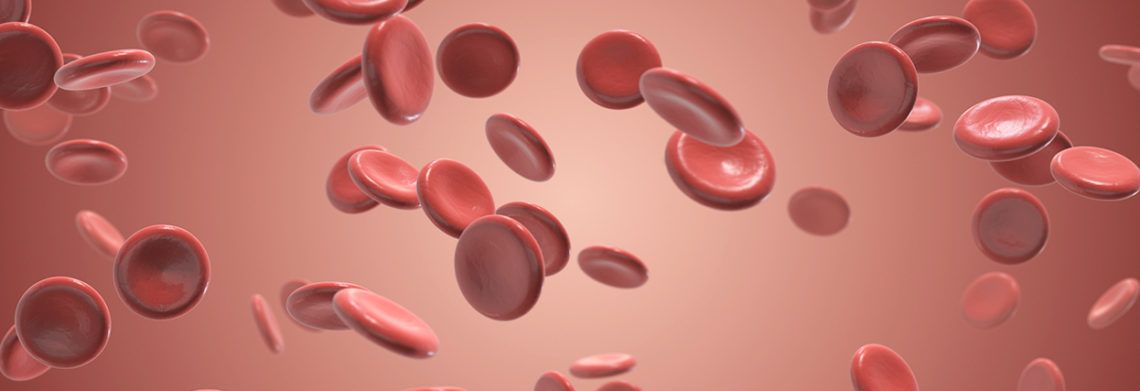Subscribe to our newsletter
Receive news and benefits on health and wellness.

SHA Magazine Health & Beauty
Therapeutic apheresis, known at SHA as Advanced Plasma Renewal or blood purification therapy, is a medical procedure that involves the extraction of a person’s blood to separate undesirable components using specialised equipment. In this way, harmful or excessive substances, such as toxins, antibodies, or abnormal proteins, are removed from the blood. In addition, blood viscosity and microcirculation are immediately improved, cytokines are reduced and the inflammatory response is modulated.
All these benefits make this therapy potentially rejuvenating. At SHA, apheresis is applied to treat various chronic pathologies, such as autoimmune disorders and inflammatory diseases. When used preventively, it helps to counteract the onset of chronic degenerative processes and to prevent cardiovascular events in high-risk patients.
By reducing inflammation, which is one of the first effects of apheresis, immune function is improved as well and age-related degenerative processes are slowed down.
It is an extracorporeal procedure that can eliminate molecules and immunocomplexes involved in more than 80 different diseases.
In patients at high vascular risk, this treatment can reverse atheromatous plaques and prevent cardiovascular events. In general, it is recommended for people who wish to improve their overall health. It prevents diseases that develop or become more serious in the last decades of life.
At the immunological level, this therapy helps to decrease the excessive or inappropriate immune response, lowering the concentration of antibodies that may be damaging the tissues and reducing the inflammatory components in the blood.
Apheresis has proven to be of great help in the treatment of fibriomyalgia and chronic fatigue. People with fibromyalgia suffer from chronic fatigue, pain and stiffness throughout their body, often without doctors being able to determine the cause of their discomfort.
As described in medical literature, fibromyalgia is a chronic condition characterised by widespread musculoskeletal pain accompanied by fatigue and sleep problems, memory problems, and poor mood. Researchers believe that fibromyalgia amplifies pain sensations because it affects the way the brain and spinal cord process pain and non-pain signals. In other cases, symptoms accumulate progressively over time, without a triggering event.
By reducing harmful or excessive substances that cause diseases or are involved in their progression, such as inflammatory proteins and immunocomplexes, the blood purification treatment improves the characteristics of the blood stream. This reduces blood viscosity and optimises microcirculation, tissue oxygenation, and metabolic exchange processes.
This is the reason why apheresis is especially recommended for patients with neurological diseases, such as multiple sclerosis and myasthenia gravis, and even fibromyalgia and chronic fatigue. In general, it is recommended for people who wish to improve their overall health, preventing diseases that develop or become more serious in the last decades of life.
At the immunological level this therapy helps to decrease the excessive or inappropriate immune response, lowering the concentration of antibodies that may be damaging the tissues and of the inflammatory components in the blood. This is why apheresis or blood purification is also useful for treating various chronic pathologies, such as autoimmune disorders and inflammatory diseases. When used preventively, it helps to counteract the onset of chronic degenerative processes and to prevent cardiovascular events in high-risk patients.
In the case of mild or moderate Alzheimer’s disease, it has been shown that the condition is stabilised after six sessions of this therapy. In patients at high vascular risk, this treatment can reverse atheromatous plaques and prevent cardiovascular events.
Most people can benefit from blood purification treatment, but the recommendation is the patient be assessed individually to take into account their specific needs. There are certain medical conditions where such therapy may not be recommended, for example, active infections, severe renal failure, acute anaemia, or compromised haemodynamic status.
Receive news and benefits on health and wellness.
